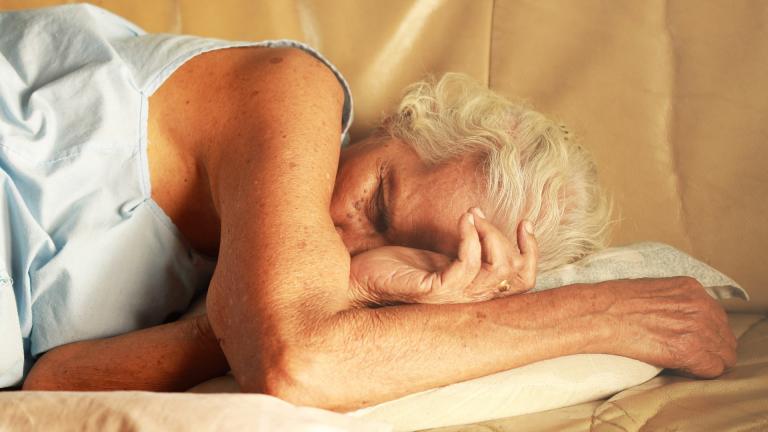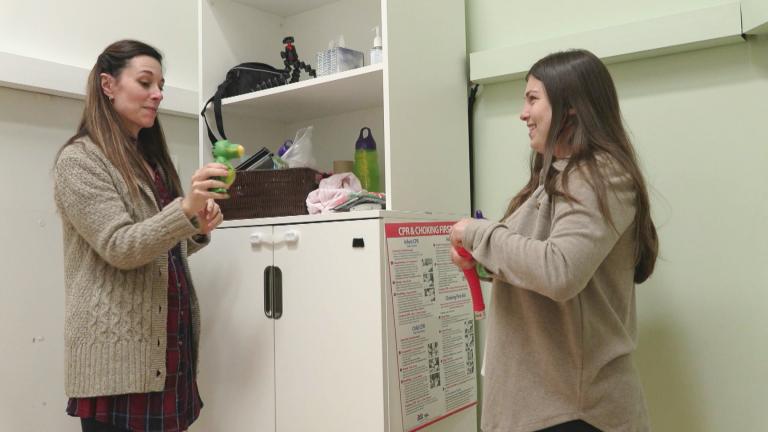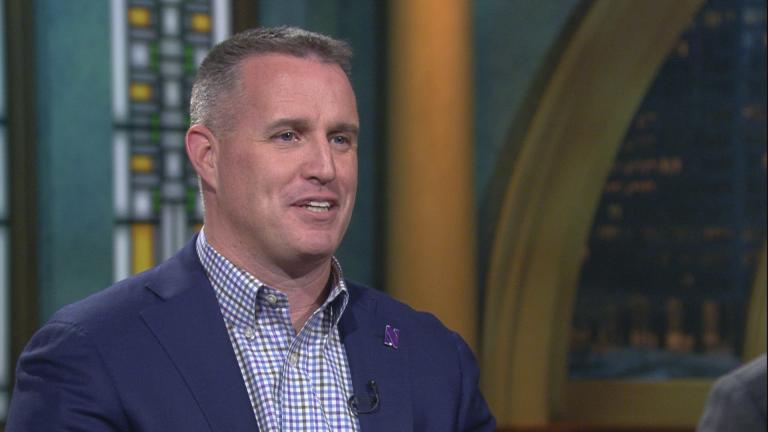Our circadian rhythm is driven by a 24-hour internal clock that responds to changes in the environment, such as the sunrise or a drop in the outside temperature.
Whether you’re a night owl or an early bird, this internal clock determines when you rest and rise.
“Basically, the circadian clock acts like an internal alarm clock,” said Ravi Allada, a professor and chair of the Department of Neurobiology at Northwestern University. “That alarm clock inside your body goes off and it basically wakes you up at the same time every day.”
This biological clock is found in many types of animals, plants and even fungi. Along with human sleep cycles, it determines the release of hormones, regulation of body temperature and other important bodily functions.
Last week the Nobel Prize in Physiology or Medicine was awarded to three American scientists, Jeffrey C. Hall, Michael Rosbash and Michael W. Young, for their circadian rhythm research.
Using fruit flies as a model, the three identified a specific gene that regulates the insect’s internal clock. This function was later observed in humans. In fact, virtually all life on Earth is coordinated to some sort of 24-hour rhythm in sync with the Earth’s rotation.
Allada said the Nobel Prize winners’ research, published in 1984, helped us better understand how that clock works. “We didn’t know the gears of these internal circadian clocks,” Allada said. “They discovered some of the key components, or gears, of the circadian clock.”
Allada joins us to discuss this breakthrough research and other sleep-related studies.
Related stories:
 University of Chicago’s Richard Thaler Wins Nobel Prize in Economics
University of Chicago’s Richard Thaler Wins Nobel Prize in Economics
Oct. 9: Considered one of the founding fathers of behavioral economics, a field that bridges the gap between economics and psychology, Richard Thaler is known for illustrating how human behavior often contradicts traditional economic logic.
 Study Links Purpose in Life with Better Sleep in Older Adults
Study Links Purpose in Life with Better Sleep in Older Adults
July 10: Older adults who say their lives have meaning are more likely to get a good night’s sleep and less likely to suffer from sleep apnea and restless leg syndrome, according to a new study.
 Study: Waterfall Sounds Enhance Deep Sleep, Memory in Older Adults
Study: Waterfall Sounds Enhance Deep Sleep, Memory in Older Adults
March 8: Playing pink noise – described as a waterfall-like sound – in sync with a person’s brain waves was found to enhance deep sleep and sleep-dependent memory retention in older adults, according to a new Northwestern study.








